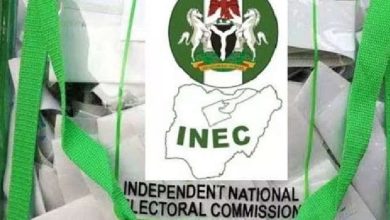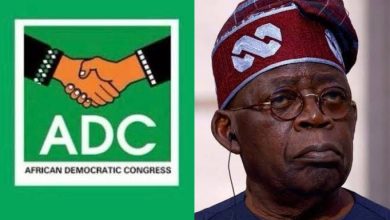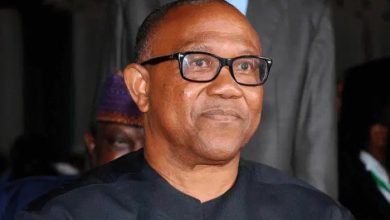Wike Reveals He Wept Over Fubara’s Betrayal
Nyesom Wike has revealed he was moved to tears after watching old videos of suspended Rivers Governor Sim Fubara praising him.
The FCT Minister said the betrayal hurt deeply, especially after helping Fubara rise politically, only for him to later align with those opposing his leadership.
SEE ALSO: Fubara Thanks Tinubu for Restoring Peace Amid Rivers Political Tension
Minister of the Federal Capital Territory (FCT), Nyesom Wike, has opened up on the emotional toll his fallout with suspended Rivers State Governor, Siminalayi Fubara, has taken on him. Speaking during his monthly media briefing in Abuja on Monday, Wike shared how he was moved to tears after revisiting past video clips of Fubara’s speeches praising him.
Wike, who governed Rivers State for two terms before becoming minister, played a pivotal role in Fubara’s rise to power. According to him, he stood by Fubara through intense political resistance and ensured his emergence as governor. However, their relationship soured not long after Fubara assumed office in 2023, leading to a major political crisis in the state.
The rift between the two leaders escalated into a fierce power struggle, severely impacting governance. In response, President Bola Tinubu imposed a six-month emergency rule on the state, suspending Governor Fubara, his deputy, and members of the state assembly. The president also appointed a sole administrator to manage the affairs of Rivers State during the period.
Despite the turmoil, Fubara recently made moves toward reconciliation by paying a visit to Wike. Reflecting on the situation, the FCT minister expressed deep sadness over how events unfolded.
“In my quiet time, I often play back videos of his past speeches, the things he said about me and what he has done to me since then,” Wike said. “I can’t help but cry. Was it necessary? I was the one who brought him in, supported him, provided for him, and gave him everything. Now he has become a weapon used by my political adversaries.”
Wike’s emotional remarks highlight the personal nature of the political crisis in Rivers, a state still grappling with the effects of the conflict between two of its most prominent figures.



